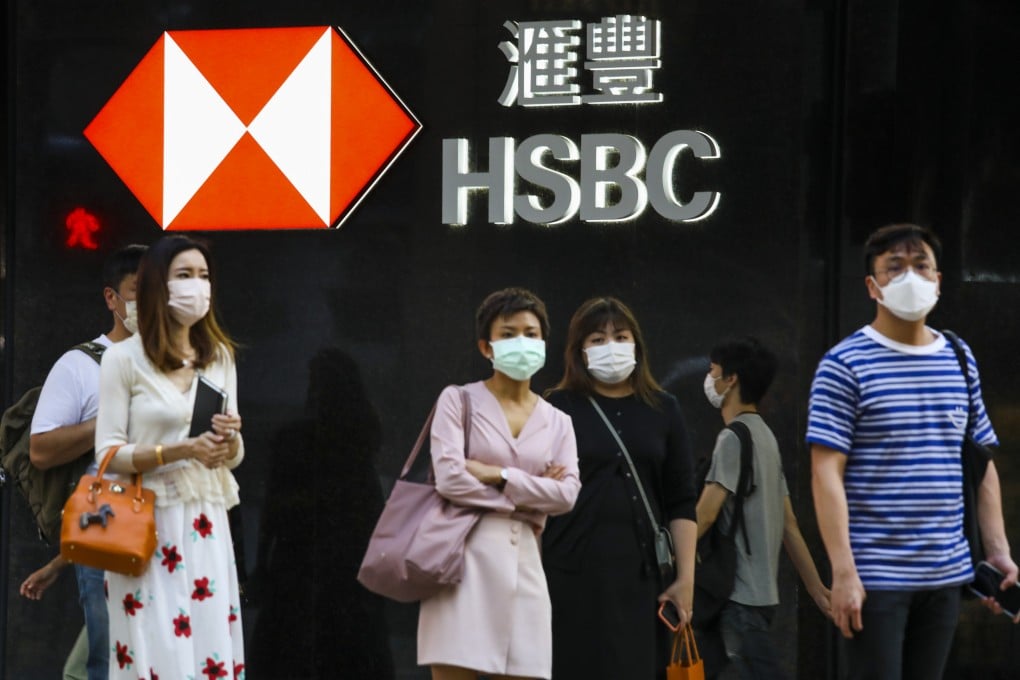HSBC, Standard Chartered among five lenders raising commercial lending rates to highest level in 14 years after HKMA lifts borrowing costs
- Best lending rates at HSBC, Hang Seng and BOCHK will increase by 25 basis points to 5.375 per cent, while rates at Standard Chartered and Bank of East Asia will rise by the same margin to 5.625 per cent
- The Hong Kong Monetary Authority has increased its base rate to a fresh 14-year high of 4.25 per cent with immediate effect

Hong Kong’s five biggest lenders, including the three note-issuing banks HSBC, Standard Chartered and Bank of China (Hong Kong) (BOCHK), will raise key interest rates to the highest levels in 14 years, surprising the market with bigger-than-expected increases, following another jumbo rate hike by local and US monetary authorities.
HSBC and subsidiary lender Hang Seng Bank, alongside BOCHK, will lift their prime rates by 25 basis points to 5.375 per cent, surpassing the previous record of 5.25 per cent set in March 2008, during the global financial crisis, according to separate statements on Thursday.
Standard Chartered and Bank of East Asia will increase their prime rates by 25 basis points to 5.625 per cent.
HSBC and Hang Seng will increase the rate from Friday, while the other three lenders will do so on Monday. All five will also boost their Hong Kong dollar savings rates by 25 basis points to 0.375 per cent.
“In deciding the level of adjustment today, we have assessed the implications of recent economic reports, affordability for borrowers and interest to depositors,” said Luanne Lim, CEO of HSBC Hong Kong. “We will continue to monitor the external environment and would be prepared to adjust our rates as appropriate, with a view to supporting a broad-based economic recovery in Hong Kong.”
All the increases will be twice as much as a previous rate rise in September. Other banks in the city are expected to follow suit.